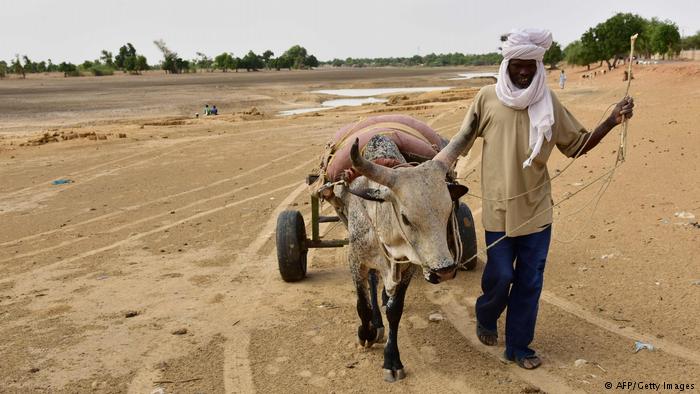Chad is the country most vulnerable to climate change – here’s why
Of the 186 countries assessed in a recent survey of climate vulnerability, Chad was rated most in peril. A combination of high poverty, frequent conflicts, and the risk of both droughts and floods means the central African nation is bottom of the list, just below Bangladesh and some way behind Norway, the country least vulnerable to climate change.
So why Chad? For a start, it is one of the poorest countries in the world. Around 87% of Chadians are classified as poor, according to the Multidimentional Poverty Index, which factors in health, education and living standards. That’s the fourth highest rate in the world. The percentage who are “destitute” (63%), the most extreme category of poverty, is also the fourth highest in the world.

This is exacerbated by the fact that the country has been in civil war or conflict for 35 out of the 57 years since it gained independence from France.
Any poor or conflict-prone country will always be vulnerable, but Chad’s geography means climate change is a particular risk. Chad is bigger than many Westerners may realise. At 1.28m km² it’s larger than Nigeria and twice the size of Texas. Around 90% of its 10m people live in the southern half of the country, as most of the northern half extends well into the Sahara desert.
Most Chadians base their livelihoods on subsistence farming and livestock rearing. The semi-arid rangelands of the Sahel, in the north of the country, provide pasture for livestock during the rainy season, while the fertile agricultural fields in the south produce most of the cash and food crops. When the dry season begins, pastoralists move their herds south to feed on the leftovers of the agricultural harvest.
Chad’s changing climate
Since the mid-20th century, temperatures in Chad have been increasing while rainfall is decreasing. Ninety percent of the country’s largest lake, Lake Chad, has disappeared over the past 50 years due to a combination of droughts and increasing withdrawals for irrigation. Climate studies project things will get increasingly hot and arid throughout the 21st century, which means lower crop yields, worse pasture, and a harder life for anyone dependent on Lake Chad.
This article was originally published on The Conversation .Read the whole story….

